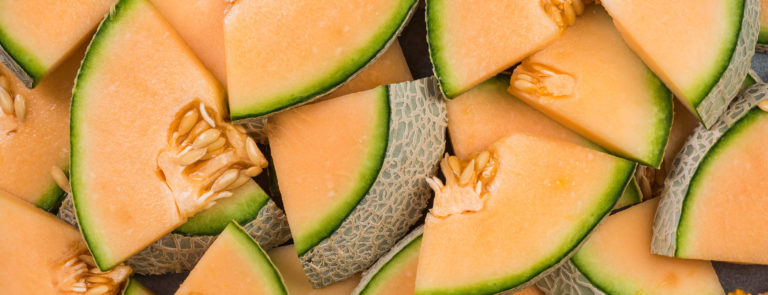10% off €30 OR 15% off €40
Code:DEAL
10% off €30 OR 15% off €40
00h 00m 00s
Code:DEAL
Four types of low carb fruits

Although fruits are typically high in sugar, therefore carbs, there are some that are slightly lower per portion and worth adding to your shopping list
Trying to cut down on your carbohydrate intake? While some fruit is typically thought to be high in sugar, and therefore carbs, it’s also a vital source of vitamins and minerals which are needed by the body for myriad different functions.
If you’re caught up in the conundrum of wanting to eat lower carb foods yet still get all the nutrients you need, keep reading…
First of all, why is fruit considered high carb?
Fruit tends to contain more carbohydrates than vegetables simply because they’re higher in natural sugars.1 Sugar is a form of carbohydrate, along with fibre and starch, and it’s needed to give your body energy. In the UK, it’s recommended that just over a third of your diet should come from carbohydrates. If you’re eating more than this, your body may start to put on weight as you’ll be gaining more energy than it’s able to use. Similarly, not getting enough carbohydrates can be bad as it’ll also mean you’re not getting enough essential nutrients that are vital for healthy, everyday function.2Four types of low carb fruit
If you’re trying to lose weight or reach your recommended five portions of fruit and veg a day without upping your carbs, there are a handful of fruits which you should be putting on your shopping list:3-
Watermelon
-
Strawberries
-
Avocados
-
Cantaloupe melon
How much low carb fruit should I be eating?
Regardless of the type of fruit or veg you choose to consume as part of your five a day, it’s important that you’re eating the right amounts. Having too much of one thing, even if it is jam packed with loads of wonderful vitamins, could start to have a negative effect and even make you feel ill.8 Fruit portions vary depending on the type and size of fruit you plan to eat. According to UK guidance, healthy portions are:- 2 or more small fruit such as satsumas, kiwis, plums or apricots.
- Around 7 or 8 berries.
- One whole piece of medium size fruit e.g. a banana, an apple or an orange.
- Half of a large fruit such as a grapefruit or one 5cm thick slice of melon.
Sign up for exclusive offers
Plus, get expert advice to support your health & wellness straight to your inbox when you sign up to Holland & Barrett emails.
Read our
privacy policy

